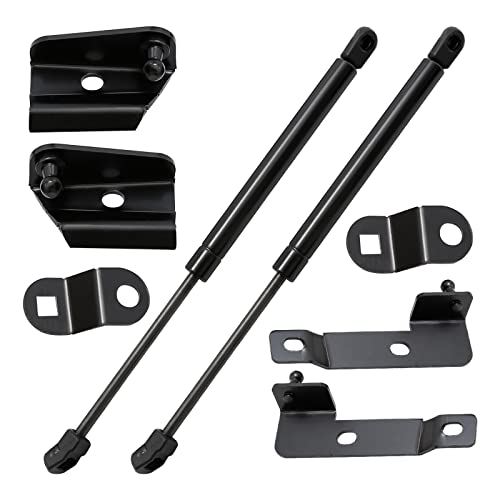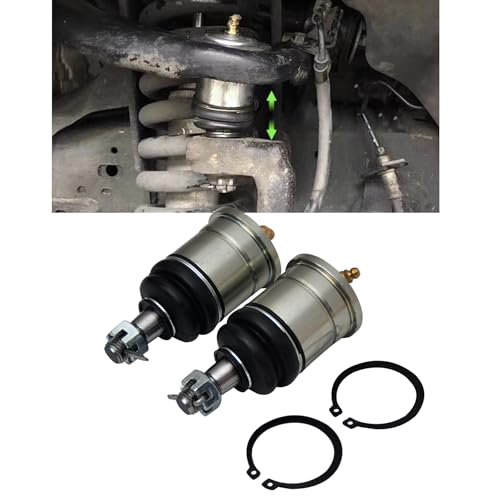Word has it that Caltex use some biodiesel in their mix - up to 5%, I believe. Possibly not at every location and for mixes up to 5% the legislation allows the vendor to not even mention that there's bio in it.
Christmas 2010 we filled up at Kings Creek Station and I can just imagine how many % of bio was in that ... yet it turned out to be the best fuel I'd ever used. I haven't had that good a fuel economy since.
I was once worried about the big bad boogey man and his can of chip-oil-fuel but for large suppliers like Gull, I don't think we should be as concerned about it. I doubt they're going to be sitting there wringing out the last drop of fat from their chiko rolls before scoffing the remainder and oops I dropped some cabbage in.
I do think the larger producers are making biodiesel that works better than Yoshi-grade (you have to think "Mario Bros"). It might be a higher cetane rating than fossil-based, it might just have less crap in it.
I really don't think Shell, BP, Caltex or anyone else are out to be our best mates. They just want us to buy their stuff, and if they can keep us running scared of the boogey-bio-man then their job is a little easier. At the same time, those manufacturing biodiesel for use in our market are going to do a fair job of making sure it's good enough to use - or at the very least does no damage and preferably makes the car go better.
Time will tell. I won't drive off and grab the first Big Mac I see and squeeze it into my tank, but I won't panic because I have to fill up with a mix of bio at a major outlet.


























 , that's another story though).
, that's another story though).